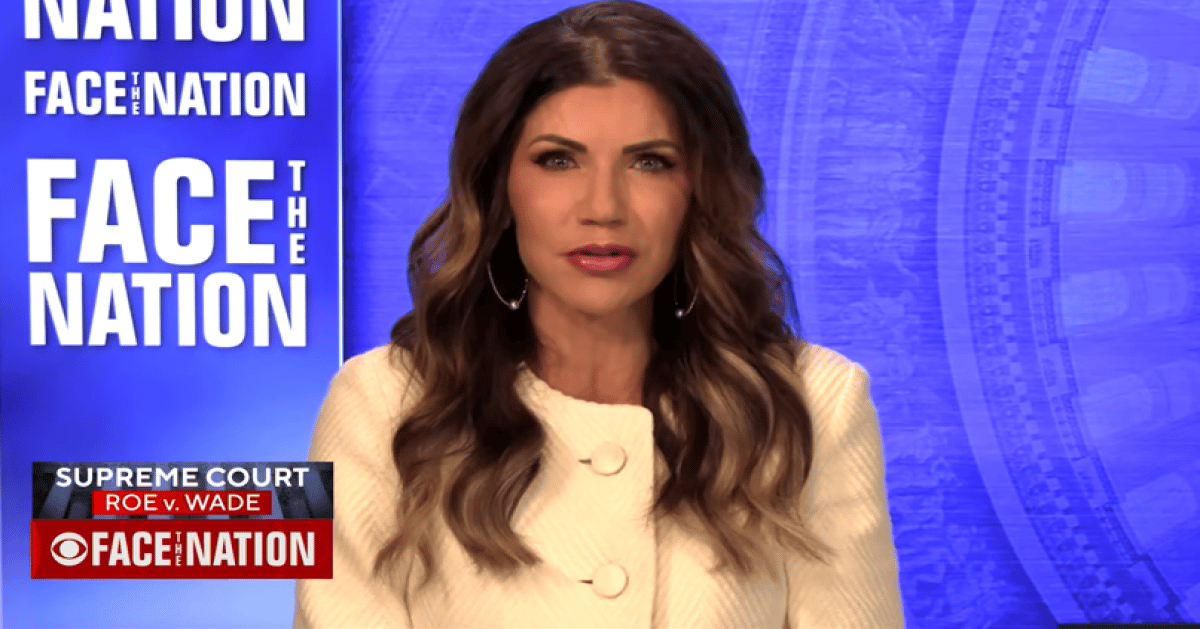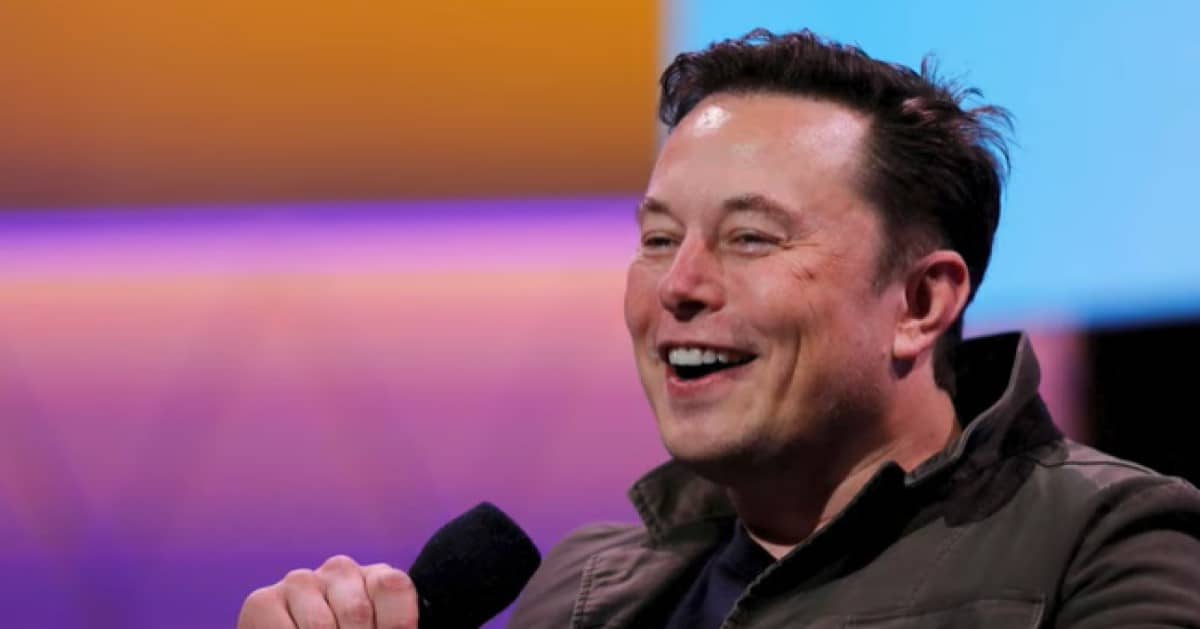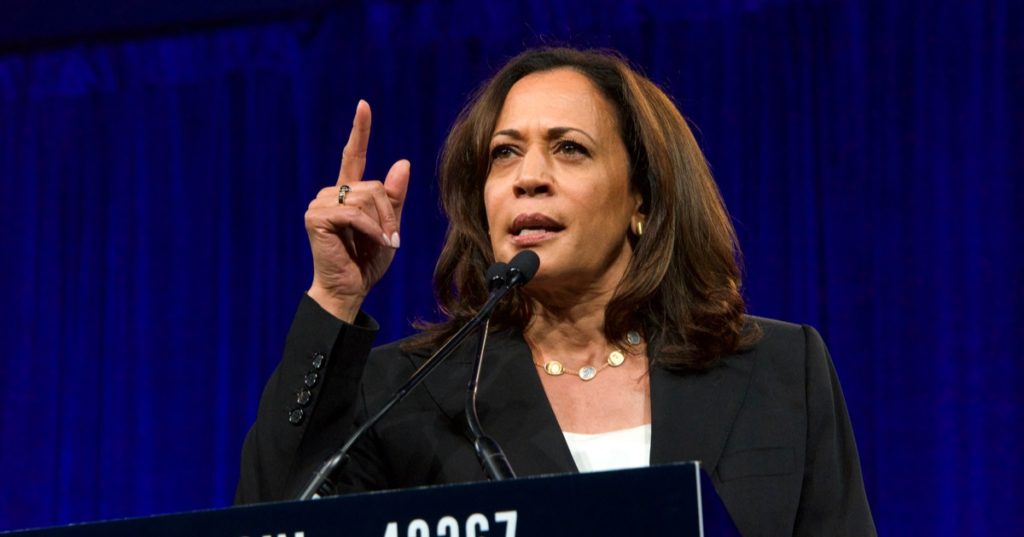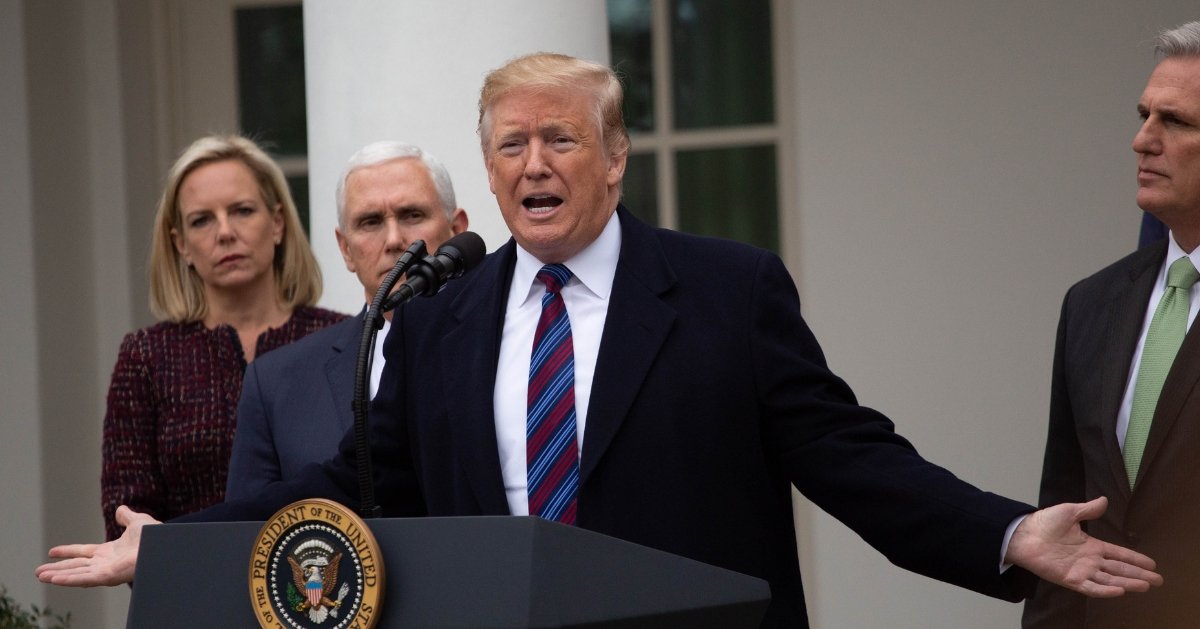Gabbard addressed the Cabinet gathering with a compelling piece of evidence: security flaws in electronic voting platforms potentially expose results to tampering.
Her appeal comes amid broader administrative moves scrutinizing former cybersecurity figures. The day before Gabbard's announcement, President Trump signed a series of executive orders, setting heightened investigations into key figures, including ex-cybersecurity chief Chris Krebs.
Concerns Surround Voting Machine Security
Gabbard has definitively claimed that electronic voting systems are susceptible to tampering. She articulated her standpoint convincingly, saying: "We have evidence of how these electronic voting systems have been vulnerable to hackers for a very long time and vulnerable to exploitation." Gabbard's push for paper ballots is a call to restore public trust in the electoral process.
The concerns are not isolated to government officials. High-profile tech figures have also weighed in on the vulnerabilities of electronic voting.
Last year, Tesla and SpaceX CEO Elon Musk expressed significant reservations. Musk stated: "We should eliminate electronic voting machines. The risk of being hacked by humans or AI, while small, is still too high."
The timing of Gabbard's call to action coincides with President Trump's decision to direct investigations into former cybersecurity leaders. A prominent target, Chris Krebs, was removed from his role as Cybersecurity and Infrastructure Security Agency chief after the 2020 election. His dismissal followed his public reassurance of the election's security.
Krebs has been vocal about election-related misinformation, describing it as "self-reinforcing" in his House January 6 Committee testimony. Trump's executive orders extend beyond Krebs, now encompassing former Department of Homeland Security official Miles Taylor, intensifying the examination of past administration critics.
The expansion of these inquiries has ignited conversation about the intersection of politics and law enforcement. Critics suggest these executive orders blur the traditional distinctions between the Justice Department and the White House. Concerns have been raised about potential political influence over law enforcement activities.
The invitation for law enforcement to delve into former administration critics has prompted debate. Observers and analysts are considering the implications of such directives on public perception of governmental impartiality. Critics fear that these investigations, initiated by executive mandate, may compromise the perceived autonomy of the justice system.
Broader Implications For Election Integrity
The dialogue around voting systems – both electronic and paper-based – continues to evolve in the national arena. Gabbard's assertions shed light on the urgent need for robust election infrastructure, free from technological vulnerabilities.
Her advocacy for paper ballots is rooted in a desire to restore voter confidence and ensure transparency in electoral processes.
Elon Musk's comments contribute to the larger discourse, illustrating the shared apprehension among tech leaders about digital vulnerabilities. As concerns about election integrity heighten, varied stakeholders, from government officials to technology executives, are uniting in their desire for secure and reliable voting systems.
Whether this push will translate into substantial legislative or procedural changes remains uncertain. However, the conversation underscores a pivotal discussion about the future of democratic processes. As the debate continues, the focus is squarely on restoring faith in the machinery of democracy.












